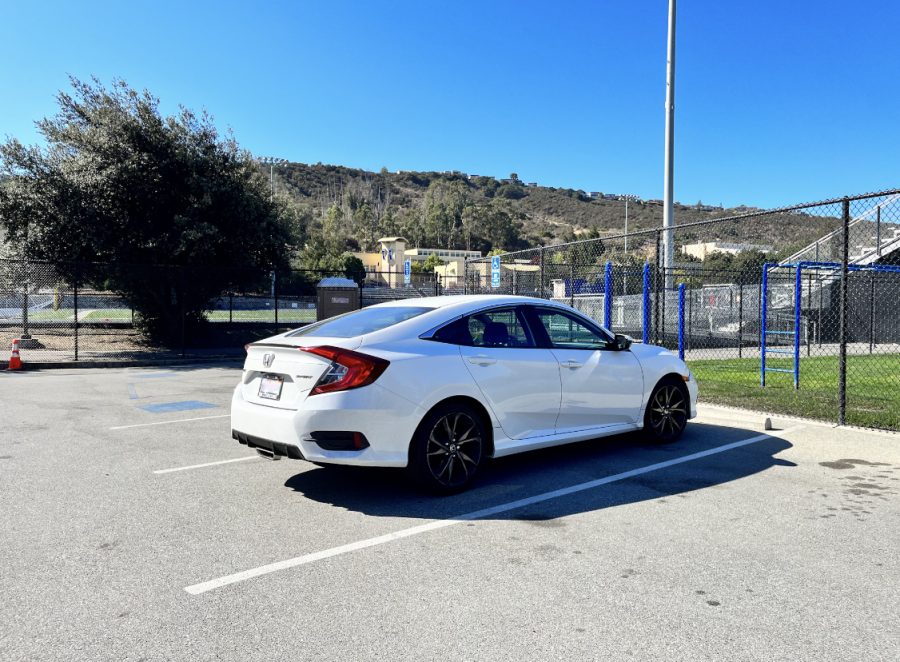California regulators recently passed a new law banning the sale of gas-powered vehicles by 2035.
This new law states no new gas-powered vehicles can be made or sold, but citizens can keep the gas cars they currently own.
Because of this, many students are rethinking their choices for their first car. Most sophomores who cannot drive are considering electric since it is environmentally friendly and doesn’t use gas; which has become expensive. According to CNBC, electric car owners are projected to save about $4,380 for fuel on average, making electric cars more appealing to many students.
Additionally, according to The U.S. Department of Energy, electric cars emit fewer greenhouse gasses and air pollution than regular gas-powered cars. Pure electric vehicles produce no carbon dioxide emissions when driving.
Fifteen out of twenty sophomores surveyed said they would likely purchase an electric car. Although sophomores favored electric cars, several upperclassmen do not.
“They are less convenient for long drives, so I would not buy one, but for short-term drives, they are good,” Jessica North, junior, said.
North argues that electric cars are inconvenient when driving far away because of the 30-minute-12-hour charge.
“I wouldn’t get an electric car because they are harder to get and have fewer areas to recharge compared to gas cars,” Ellie Pope, junior, said.
Pope disagrees with the new law being passed because it would be hard to convert everyone to electric vehicles. She argues that with the number of gas stations and gas-fueled cars, making the switch will be a long and complex process.
“If I had to choose between non-electric and electric, I would choose an electric car because it is better for the environment,” Serena Bishop, sophomore, said.
Bishop explains that she was unsure whether she would get a choice because, like most students, she is getting her first car from her parents.
According to Consumer choice center , licensing and registration fees for electric vehicles are often higher than gasoline vehicles, making electric cars less accessible for those with less income.
The accessibility of an electric vehicle can vary depending on someone’s situation, but it has numerous advantages.
Currently, electric car drivers can take advantage of a federal tax credit of up to $7,500 to purchase an electric or plug-in hybrid vehicle, although not all cars are eligible.
In general, many students at Carlmont were very receptive to purchasing an electric car. There are over 5.6 million electric cars worldwide, and with the new law, there will likely be many more.
“I would get an electric car because they are more environmentally friendly than cars that use gas, and because of the new law there are probably going to be many more affordable and diverse options,” Kate Marquez, sophomore, said.












